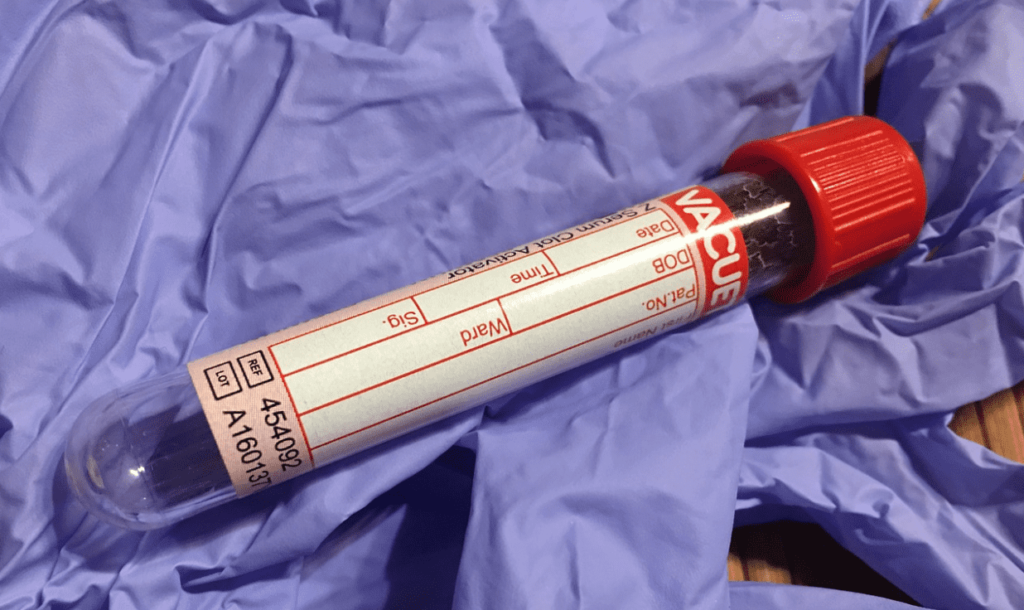With the current legal controversy around breathalyzer evidence in Massachusetts, there are no quick and easy options for police officers to introduce chemical proof that you are above the legal limit for alcohol in DUI cases. At the same time, charges for driving under the influence of drugs are on the rise with the state’s legalization of cannabis.
These factors mean that DUI blood tests are more important than ever. Here are five things you should know if you took a blood test in your DUI case:
1) Cases With Blood Tests Usually Move Slower
This is because a breath test presents its results immediately, but a blood test must be processed and examined in a laboratory. This can take quite some time, especially if the lab is backed up with many various tests to examine. In other cases, officers neglect to send the blood test to the lab for a while, and it adds time as it waits in the evidence room.
2) Blood Tests are More Reliable than Breathalyzers
Whereas a breathalyzer measures the alcohol content of your breath to estimate the percentage of alcohol in your blood, a blood test for alcohol quantifies the exact chemical content of your blood at the time it was drawn. If properly taken, a blood test gives more specific and more reliable results. It’s also possible to re-test a blood sample multiple times to verify its results.
3) Blood Tests Don’t Show Impairment Due to Drugs
Blood tests can only establish the identity and concentration of drugs in your bloodstream. There is currently no standard legal limit for intoxication by THC or other drugs. A DUI drugs blood test also can’t reliably indicate when the drug was taken, or how much you took. This can leave the actual level of your impairment at the time of arrest up to debate, and reliant on other subjective, corroborating evidence.
4) DUI Blood Tests Are Still Fallible
There are a slew of reasons that a blood test might not give a viable result. These may include:
- Rising BAC due to the sample being taken too long after the arrest
- Contamination of the sample by other substances
- Lack of “clear separation” between the chromatographic peak for ethyl alcohol and that of another substance
- Improper storage leading to fermentation
- Use of an alcohol swab before the blood is drawn
5) You Can Challenge a Blood Test in Court
A skilled DUI attorney can challenge the conditions around the test and the conduct of the officers administering it on the same grounds that they use for other aspects of your charge. The test might have been conducted for an improper reason, or with improper procedures. The legitimacy of a blood test is subject to the same high legal standard as any other evidence introduced in court.
If you’ve been charged with DUI and taken a blood test, you should consult with an experienced DUI lawyer in your area immediately to learn the best options for fighting a case with blood test results.



